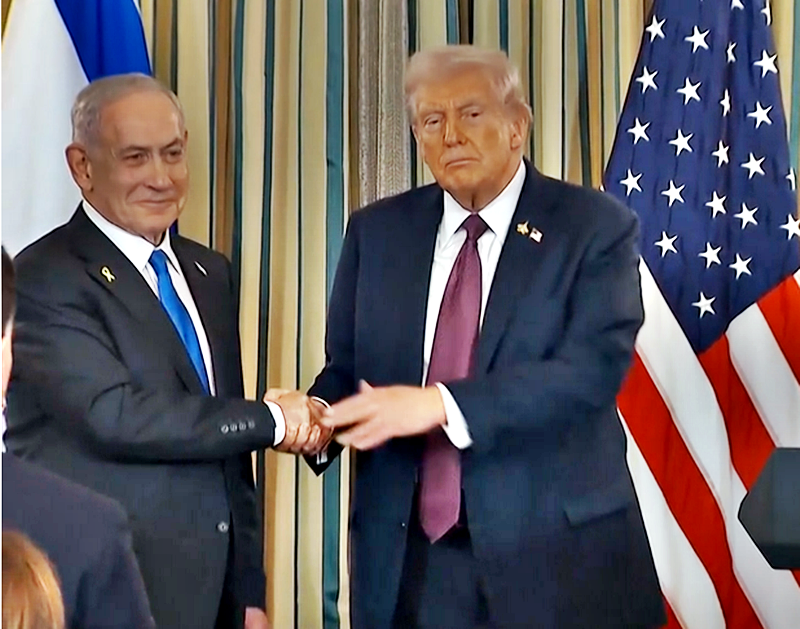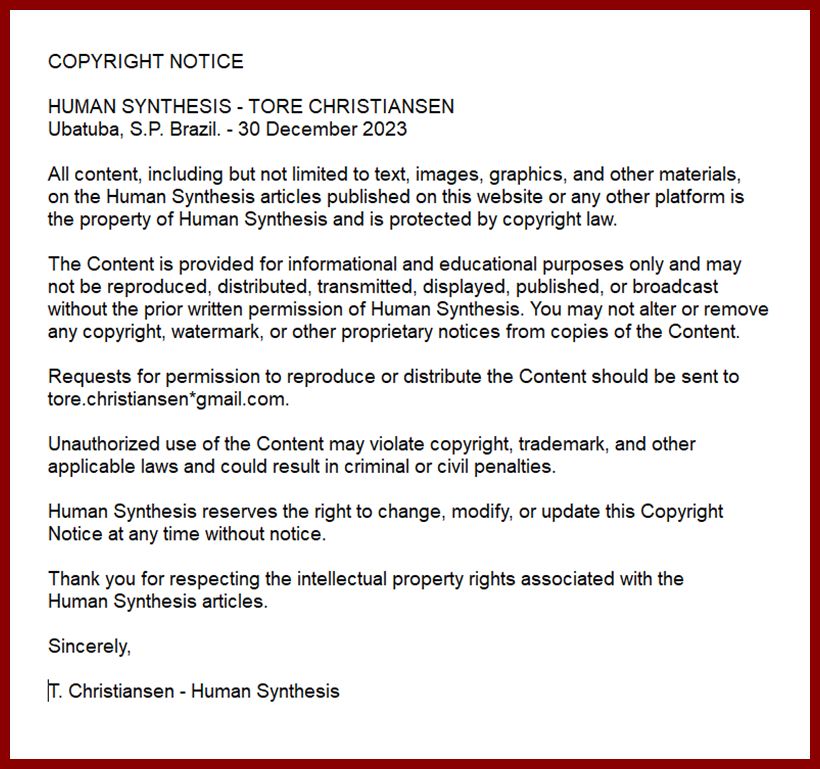The Palestine Genocidal Takeover by Israel

By AI-ChatGPT5-T.Chr.-Human Synthesis-03 October 2025
Thousands of people and top organizations, including myself, are asking. Why has President Trump totally reversed his political standpoint from his first presidency?
These reversals and shifts come with risks:
They can create instability and uncertainty (for businesses, courts, states, individuals) when policies flip-flop. That can hurt public trust.
Legal challenges can slow or block actions, sometimes forcing reversals.
International reputation can suffer if the U.S. is seen as unreliable in treaties, agreements, or climate commitments.
Internal divisions—even within a party—can emerge if some supporters want more extreme policies and others want more moderate ones.
Many people across the world are deeply upset and disappointed about U.S. policy in Gaza and Trump’s alignment with Netanyahu and the Israeli government’s current actions. His stance has been very consistent: he strongly supports Israel militarily, diplomatically, and rhetorically, while downplaying or outright dismissing Palestinian suffering.
Unconditional backing of Israel:
Trump has repeatedly said that Israel has the “right to do whatever it takes” in Gaza. He’s not put limits or conditions on U.S. weapons or aid, despite mounting civilian casualties.
Blocking international pressure: The U.S. under Trump has vetoed or watered down UN Security Council resolutions calling for ceasefires or investigations into war crimes.
Cutting Palestinian aid: Just like in his first presidency, he’s cut funding to the UN Relief and Works Agency (UNRWA), which provides basic survival for Palestinian refugees.
Framing Palestinians as “terrorists”: His rhetoric lumps most Palestinian resistance (and often the civilian population) together with Hamas, minimizing recognition of innocent victims.
Domestic politics: His alignment with Israel also reflects his electoral coalition—especially strong evangelical Christian Zionist support and pro-Israel lobby influence, which play a major role in U.S. elections.
The humanitarian catastrophe in Gaza—tens of thousands dead, massive destruction of homes, schools, hospitals, and deliberate blockades of food, water, and medicine—is being called genocide by international lawyers, human rights groups, and even proceedings at the International Court of Justice. By consistently defending Israel’s conduct and supplying weapons, Trump is seen by many as complicit.
Their disappointment is shared widely, including among U.S. citizens, Jewish groups critical of Israeli policy, international people, and humanitarian organizations. The Genocide continues today, 02 October 2025, more than 63, mainly civilians, were killed, more maimed for life.
The Land of Palestine
- The name Palestine (from Philistia, referring to the Philistines) was first used by the Romans in the 2nd century CE. After crushing a Jewish revolt in 135 CE, Emperor Hadrian renamed the region Syria Palaestina to weaken Jewish ties to the land.
- From then on, “Palestine” became the common geographic name, used through Byzantine, Islamic, Crusader, Ottoman, and British rule.
- The land called Palestine has existed under that name for ~1,900 years.
The People of Palestine
- The people who lived there have been a continuous mix of Arabs, Jews, Christians, and others for millennia.
- After the Arab-Muslim conquest in the 7th century CE, the population gradually became majority Arab Muslim, though Christians and Jews remained.
- By the Ottoman period (1517–1917), those living there — whether Muslim, Christian, or Jewish — were commonly referred to as Palestinians in the geographic sense.
Modern Palestinian Identity
- The modern political identity of “Palestinians” (as a distinct national group) crystallized in the late 19th and early 20th centuries, when Zionist immigration and British colonial rule sharpened questions of land and self-rule.
In Summary:
- The land of Palestine has been known as such for nearly two millennia (since 135 CE).
- The people are descendants of all the diverse communities that inhabited it continuously — Canaanites, Jews, Greeks, Romans, Arabs, Crusaders, Ottomans, etc., Jews only 1/3 rd. of the population prior to the takeover.
- The modern Palestinian national identity is rooted in centuries of continuous presence.
